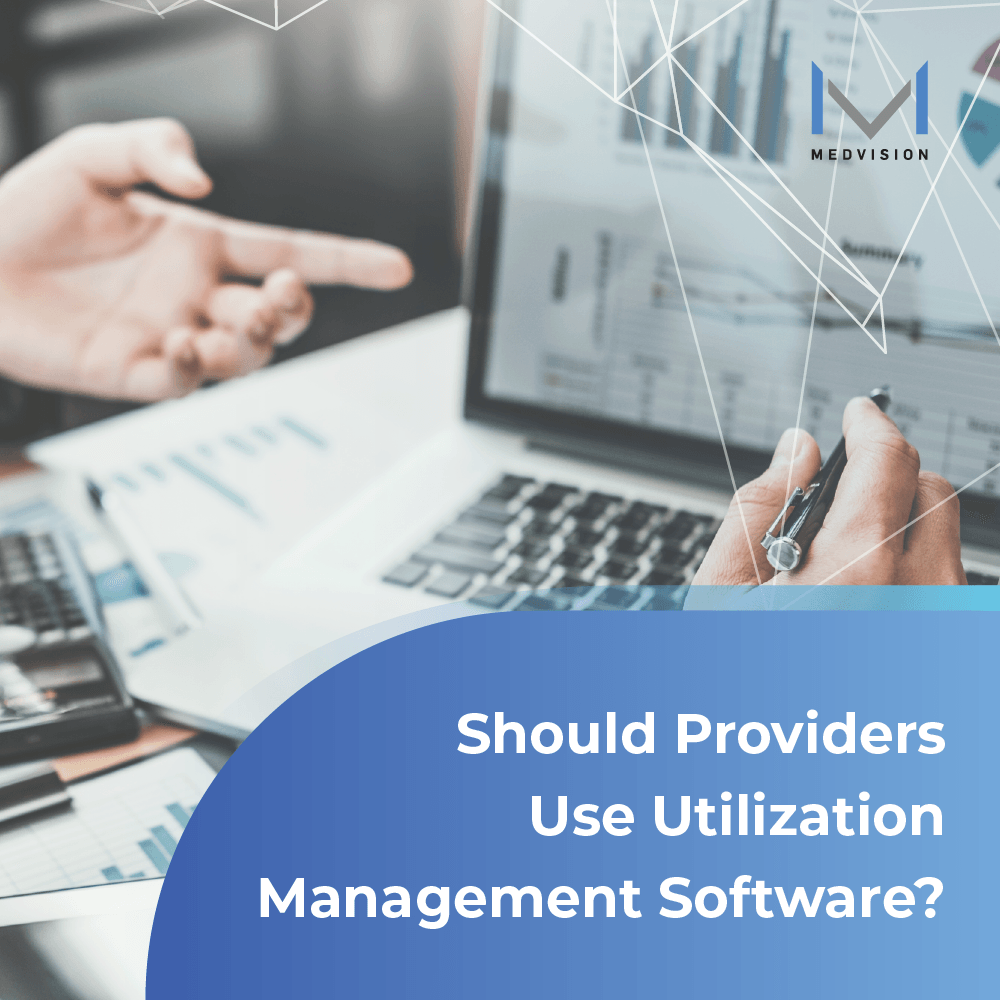Managed Care Systems Are More Crucial Than You Think
Even if you've never heard of the term managed care, you're probably covered by one. Healthcare plans with managed care make up a large percentage of the market in the United States. What are these plans and why should they be regularly updated?
Understanding Managed Care System
Healthcare organizations that utilize managed care as a model to keep costs down while maintaining high levels of service are called managed care organizations (MCOs). Health care organizations that have implemented managed care have found great success in reducing overall administrative and healthcare costs.
There are different managed care practices that are designed to eliminate the use of excessive and unnecessary services. With that, these practices are expected to increase the efficiency of health care delivery. It's also possible that the said practices can affect the medical service that people receive.
Managed care's main advantage is that it offers people with health care options whenever they wish to talk to a medical provider. People can take control of their own health care with the assurance that services will be available right away. However, there are two issues that prevent efficient delivery from being translated into overall cost reduction. To begin with, the fee-for-service (FFS) system's financial incentives and open-ended financing don't provide overall financial discipline. A confusing mix of relative utilization efficiency and health condition, or underwriting risk, determines the rates or premiums that consumers pay.

Basic Types of Managed Care Plans
A patient’s choice of health insurance is highly influenced by his or her own medical requirements as well as personal preferences. You can find different advantages and disadvantages to each type of government-run health insurance programs. Depending on what plan a patient chooses, medical services and benefits may vary. The following are some of the most basic types of managed care plans available and how they work:
Health Maintenance Organization (HMO)
In most cases, HMOs pay for medical treatment that their network receives. You select a primary care physician (PCP) who is responsible for coordinating the majority of your care. It is significantly cheaper but less flexible.
Preferred Provider Organization (PPO)
PPO provides you the freedom to choose an in or out-of-network physician. Even if you're in an in-network healthcare setting, you may pay less. Referrals from a PCP are not always required. At this point, the vast majority of preventive care is covered at 100 percent. This effectively stresses that regular health care is an effective strategy for decreasing health care expenditures now and in the future. The price you pay for this degree of adaptability is typically higher.
Point of Service (POS)
The POS plans combine HMOs and PPOs. Like a PPO, you can choose to see a doctor in or out of your network, but your share of the costs will be higher. Like with an HMO, you may have to see a PCP who will manage your care and send you to other doctors. The goal of a POS is the same: to give you choices while keeping costs low.
Exclusive Provider Organization (EPO)
The EPO plan is also a combination of HMOs and PPOs. You may not need a PCP or a referral if you have an HMO, but if you do, you'll almost certainly need to go to an in-network doctor in order to be covered. EPO plans are more expensive than HMOs, but less expensive than PPOs.
Advantages of Optimizing a Modernized Care System
Managed care plans must be updated to address the three key parts of any insurance program: finance or revenues, risk spreading, and management of treatment. Competitive market competition will be of greatest benefit to consumers when it is focused on maximizing utilization. On the other hand,policies of a different character may be better suited to addressing finance and risk distribution issues. The effects of these regular updates reflect as follows:
More Affordable and Accessible Healthcare
Health care expenses are kept as low as possible without diminishing the quality of the care that is provided by MCOs. This is achieved by the development of a network of healthcare providers that can offer assistance and referrals anytime a patient requires medical attention. There are many advantages to staying inside one's own healthcare network, including lower fees for treatments and services.
Faster Assistance From Wider Network
With the availability of a network provider, faster referrals for services or procedures are available. Patients were once required to bring copies of their medical records with them to a specialist's appointment. Theymust give their consent to the transfer of their medical records to the specialist, otherwise, they will find it difficult to seek medical assistance.
Now, when you visit a healthcare provider, the network can access your medical records with a single authorization. A treatment plan can still be formed even if your specialist is located in a different city and works for a different company than your primary care provider. With the continued development of the managed care system today, visiting a PCP can lead to referrals of a specialist, an appointment the following day, and possibly a procedure the subsequent day. When well-managed by the patient, managed care can produce results very quickly.
Guaranteed Network Care
To ensure that patients receive the best possible treatment, managed care networks require its providers to undergo a series of accreditation processes. Accreditation gives patients a sense of security, even if younger, less experienced practitioners are hired as a cost-cutting measure.

Monitoring System Updates on a Regular Basis
Various factors can influence today's technological healthcare breakthroughs in different ways. Higher servicing expenses, for example, can be associated with more complex medical equipment. Organizations can save money by upgrading their management software to a newer version. When it comes to the industry, it's crucial for organizations to know the difference and determine whether or not technology has a detrimental or a beneficial impact on the business.
An all-in-one data processing system is what you can expect from a comprehensive management software package like
QuickCap 7 (QC7).
It is an excellent all-in-one management platform that can meet all of your requirements. Managed care organizations can use the built-in tools for the following processes:
Enroll and track all your members' data in one safe application thanks to extensive eligibility features.- Completely design your provider contracts and pricing schemes by using specific modules for contracting and pricing.
- Automated tools allow you to route and adjudicate claims in accordance with your specifications.
Authorization approvals, referral reviews, EDI transactions, and more may all be handled efficiently using QuickCap 7's additional features.
Reduce administrative costs now!
Reference:
Wallack, Stanley S. “Managed Care: Practice, Pitfalls, and Potential - PMC.” PubMed Central (PMC). www.ncbi.nlm.nih.gov. Accessed May 22, 2022. https://www.ncbi.nlm.nih.gov/pmc/articles/PMC4195142/.
Explore Related Blogs
Recently published articles
Keep in touch
Subscribe to get the latest update
Than you!
You have successfully subscribe to our blog updtes!
Please try again later
Trending topics
More news and events
Connected Healthcare
HITRUST Risk-Based 2-Year Certification Achiever
The Health Information Trust (HITRUST) is a standards organization dedicated to security, privacy, and risk management. They developed the HITRUST Common Security Framework (CSF), which assists organizations in maintaining a comprehensive and secure approach to HIPAA compliance and managing risks. HITRUST is widely recognized as the benchmark in data security and privacy.
Certified Member of HCAA
The Health Care Administrators Association is the nation's largest nonprofit trade association for third-party administrators, stop loss insurance carriers, managing general underwriters, audit firms, medical managers, technology organizations, pharmacy benefit managers, brokers/agents, human resource managers, and health care consultants. HCAA has spearheaded the change of self-funding for more than 35 years.
Share and post page directly to social media.
Ready to get started?
Call us @ 847 - 222 - 1006
LINKS
GET IN TOUCH
3233 N. Arlington Heights Rd.,
Suite 307, Arlington Heights, IL 60004
Phone:
847-222-1006
Fax: 847-222-1066
STAY INFORMED
Subscribe to our blog updates!
Blog Subscription
Than you!
You have successfully subscribe to our blog updates!
Oops, there was an error in sending your message. Please try again later
LINKS
GET IN TOUCH
3233 N. Arlington Heights Rd.,
Suite 307, Arlington Heights, IL 60004
Phone :
847-222-1006
Fax :
847-222-1066
STAY INFORMED
Subscribe to our blog updates!
Blog Subscription
Than you!
You have successfully subscribe to our blog updates!
Oops, there was an error in sending your message. Please try again later
Medvision | All Rights Reserved.















